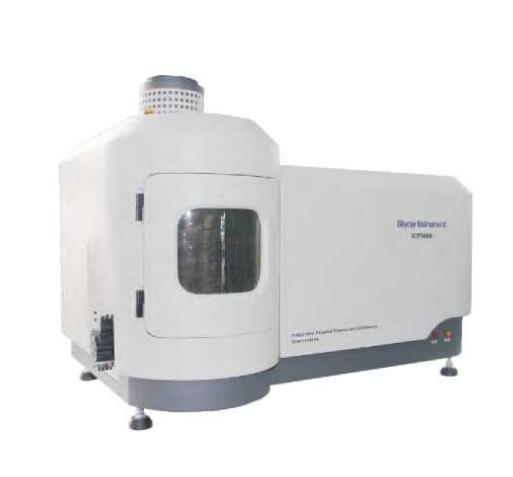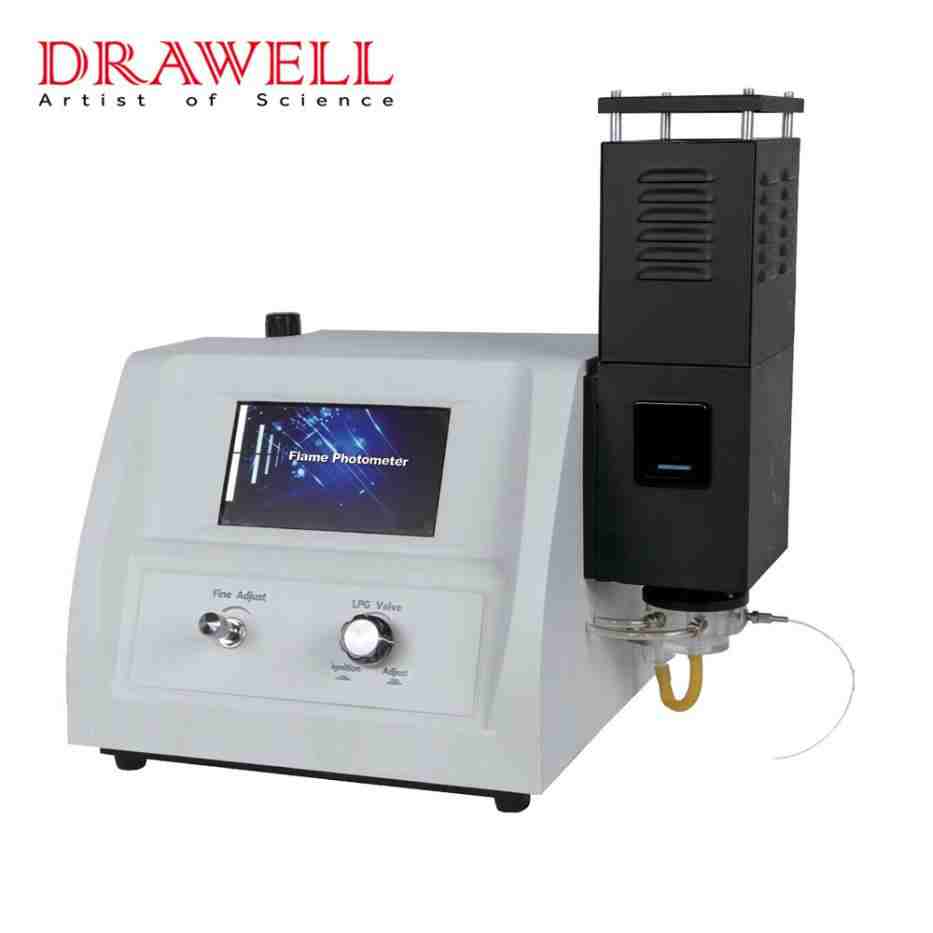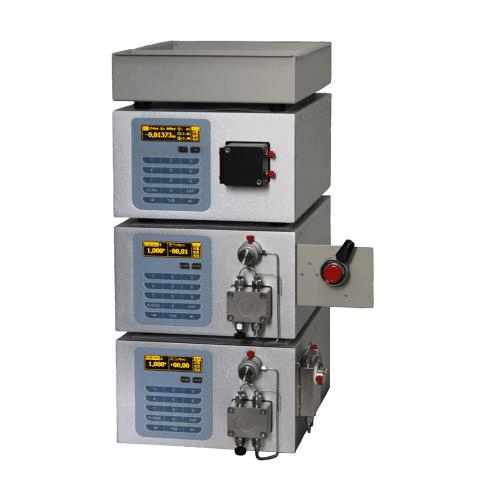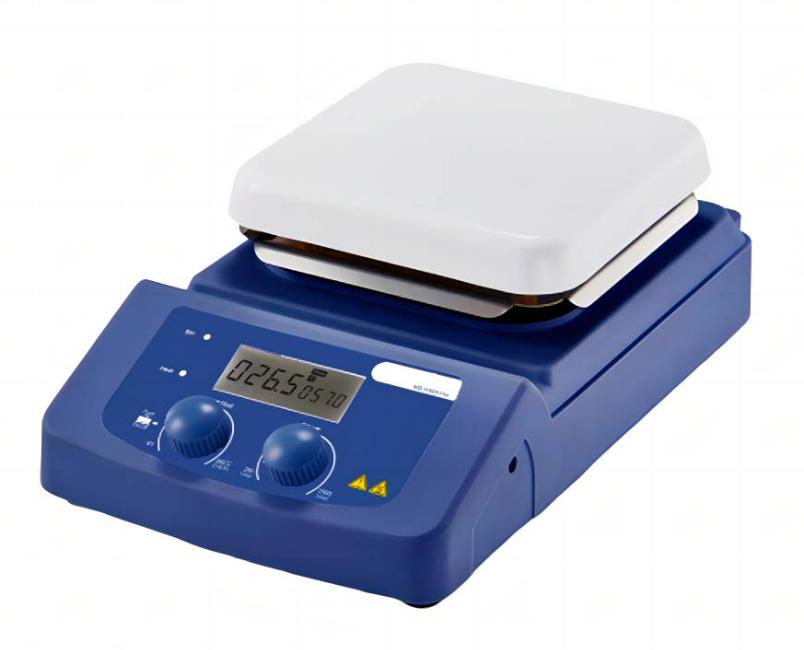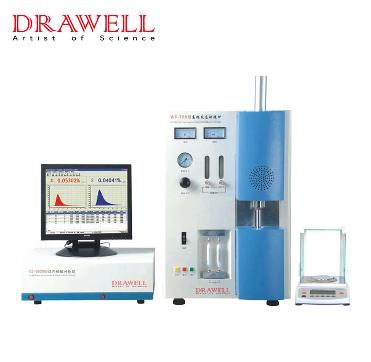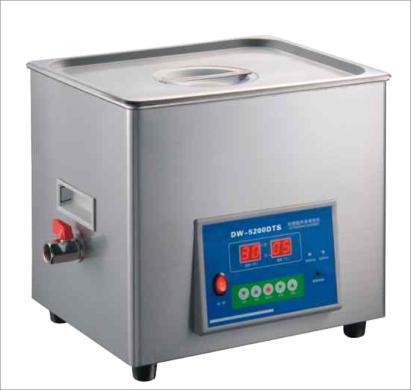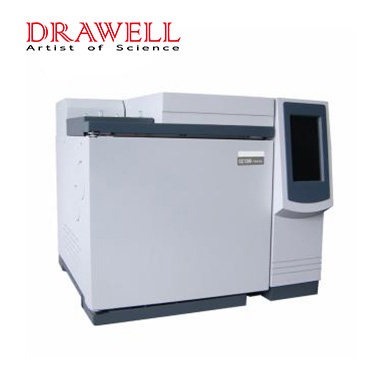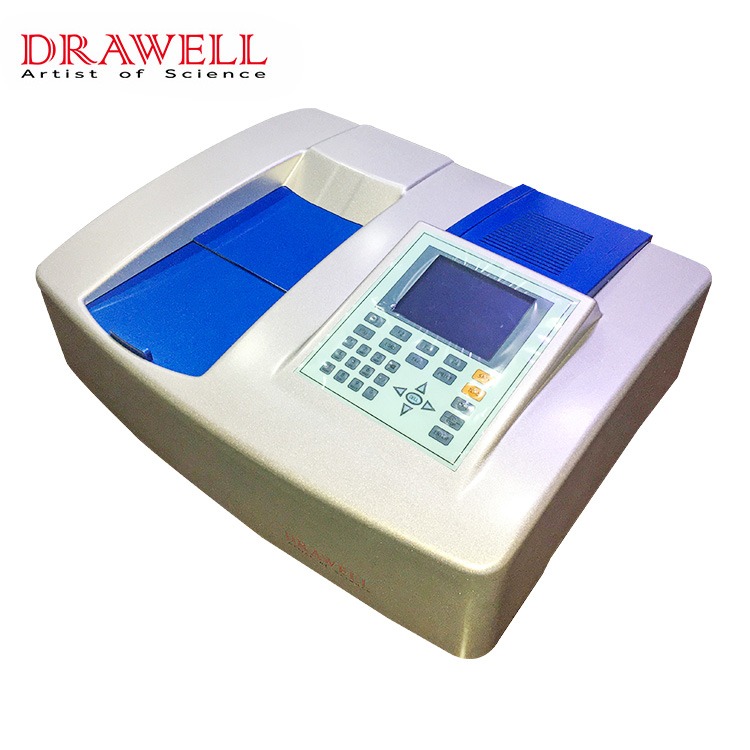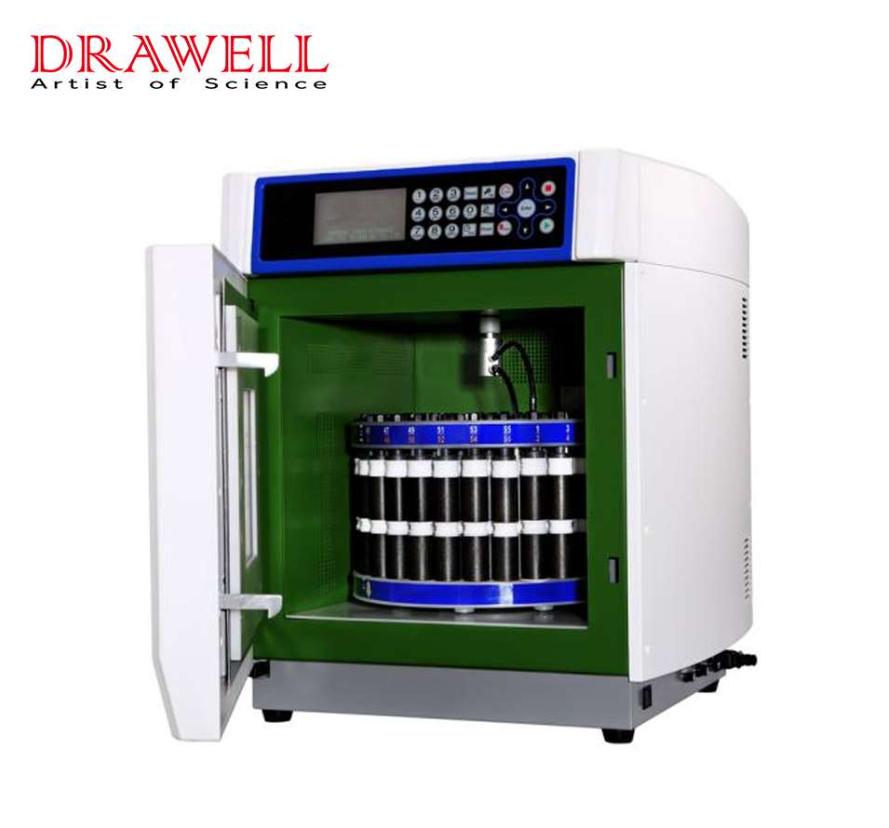News
ICP-OES vs. ICP-AES: Choosing the Right Analytical Technique
In the realm of analytical chemistry, the selection of the appropriate technique can significantly impact the accuracy and efficiency of elemental analysis. Two widely utilized methods for this purpose are ICP-OES (Inductively Coupled Plasma Optical Emission Spectrometer) and ICP-AES (Inductively Coupled Plasma Atomic Emission Spectrometer). In this article, we will delve into the differences, advantages, and…
What are 5 Commonly Used Types of Flame Photometer?
Flame photometry, an analytical chemistry technique, is critical in determining the concentration of metal ions in a solution. Flame photometers are crucial tools in flame photometry, offering a variety of capabilities to fulfill a variety of analytical demands. In this article, we delve into the types of flame photometers and their unique applications. 1. Single-Channel Flame Photometer…
What are Different Types of HPLC Chromatography and How to Choose the Suitable One?
HPLC, or High-Performance Liquid Chromatography, is a versatile and commonly used analytical technique in chemistry and biological sciences. It is capable of separating, identifying, and quantifying components in complex mixtures. HPLC chromatography is available in a variety of forms, each customized to specific applications and analytical purposes. In this article, we will explore the different types…
How to Use a Magnetic Hotplate Stirrer
Laboratory work often requires precise control over the mixing and heating of solutions. To accomplish this, scientists and researchers often turn to a versatile piece of equipment known as the magnetic hotplate stirrer. In this article, we will explore the fundamentals of using a magnetic hotplate stirrer effectively and safely, with a focus on how…
Carbon and Sulfur Analyzer: Principle of Operation and Applications
A carbon and sulfur analyzer is a device used to measure the content of carbon and sulfur in materials. Carbon and sulfur are important elements in many materials, such as steel, iron, petroleum, cement, food, and environmental samples. Measuring carbon and sulfur content is important for quality control, process optimization, and environmental compliance. There are two…
How to Use an Ultrasonic Cleaner Effectively?
Ultrasonic cleaners have become essential instruments in a variety of industries, providing a highly effective and quick technique for cleaning complicated things. These devices use ultrasonic waves to form minute bubbles in a cleaning solution, resulting in a vigorous scrubbing action that removes dirt, debris, and pollutants from hard-to-clean surfaces. In this article, we will discuss…
Gas Chromatography (GC) vs Mass Spectrometry (MC): Which is Right for Your Analysis
In the world of analytical chemistry, precision and accuracy are paramount. Researchers and scientists often find themselves at a crossroads when choosing the most suitable method for their analysis. Two popular techniques that frequently come into play are gas chromatography (GC) and mass spectrometry (MS). Each method offers unique advantages and applications, and selecting the right…
Exploring UV-Vis Spectrophotometer: What is the UV Range and How to Measure Absorbance Precisely
In the realm of analytical chemistry and scientific research, UV-Vis spectrophotometers play a pivotal role in unraveling the secrets hidden within substances. These powerful instruments are designed to measure the absorbance of light in the Ultraviolet-Visible (UV-Vis) range of the electromagnetic spectrum. In this article, we will delve into the UV range of a UV-Vis spectrophotometer…
What is the Working Principle of Flame Photometer?
Flame photometry, also known as flame atomic emission spectroscopy (FAES), is a useful analytical technique for determining the concentration of specific chemical elements in a sample. Flame photometers are commonly used in chemistry, environmental research, and clinical laboratories. In this article, we’ll delve into the working principle of flame photometer, shedding light on the fundamental working processes that…
Why Choose Microwave Digestion System for ICP Analysis?
In the field of analytical chemistry, Inductively Coupled Plasma (ICP) analysis is a strong instrument for precisely identifying the elemental composition of a wide range of compounds. However, before the ICP magic can take effect, a critical step must be completed: sample preparation. Enter the microwave digestion system for ICP, a game-changing device that has revolutionized…


